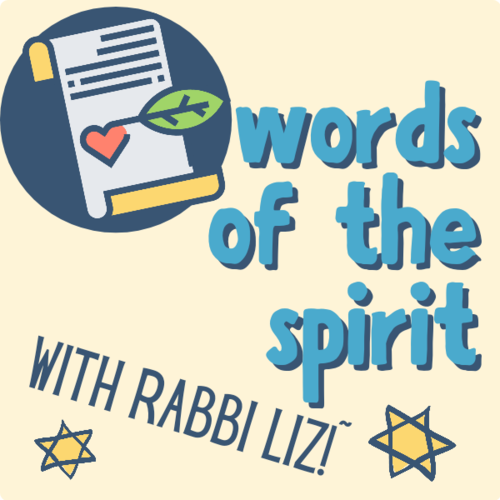|
In our Kol Haneshamah Shabbat and Festival prayerbook, the prayer for peace comes from Ukraine.
In a way, this declaration somewhat condenses the geo-history of the place, specifically the Jewish peoples’ place in that place. Yet there is no doubt that the figure we call Rebbe Nahman of Breslav practiced his form of Hasidism from a place now located within the borders of Ukraine.
Many of my friends, many of us, may be thinking about specific ancestors and the places they left, often in the early decades of the 20th century, in Ukraine: Odessa, Kyiv, Lviv, Dubno, Tetiiv, Chernobyl, and so many other cities and town currently within the borders now being violently breached.
As the escalating threats and eventual invasion of Ukraine by Russia unfolded these past weeks, the layers and roots of Jewish as well as Canadian connections to that place have been prominently exposed, between the Jewishness of the Ukrainian president, the Ukrainian-ness of our deputy Prime Minister, the devastation wrought during the Shoah on Ukrainian soil, and the ways in which these and other factors intersect. Nothing, however, seems more important in this moment than the human factor, the fate of millions being bombarded with lethal force and fleeing across their borders.
My colleague Rabbi Miriam Levia Grossman, speaking this past shabbat, said:
As always, many things are true at once this morning. It is true that the people of Ukraine are fleeing for their lives and so many of us feel a sense that there is nothing clear to do or say. It is true that we, as Jews, are called to not only care for the dignity of Jewish Ukrainians but all people fleeing war and persecution. It is also true that there are so many people, across the world, who are still are war, who were at war a week ago, whose stories are unmarked and unnamed as faceless tragedies or invisible losses because of racism, colonization, capitalist exploitation and the many forces that shape the news we see and the things we call crises…On this day let us pray for peace to rain down on all people.
“Cause peace to rain down upon us, upon our people and upon all who dwell on earth” is often how I translate the closing words of the Kaddish that we often sing, beginning with the words oseh shalom bimromav. Rabbi Grossman noted, at the beginning of her message, that all of our amidahs, the central passage of our prayer services, end with the word shalom. This coming Shabbat, when we will mark a Refugee Shabbat, our prayers for peace will be offered up as a vast number of people from the Ukraine join the already stupendous number of global refugees displaced from their homes.
We’ll sing oseh shalom with special fervency, and we’ll also offer Rebbe Nachman’s prayer for peace, one that includes the ancient voices of Isaiah and Amos:
May it be Your will,
Holy One, our God, our ancestors’ God,
that wars and bloodshed be abolished from the world,
and bring into the world a great and wonderful and lasting peace.
And let no nation lift a sword against a nation --
learn no more the ways of war!
Let all who dwell on earth simply acknowledge the truth of truths:
that we have not come into this world for the sake of quarreling and war,
nor for the sake of hatred, jealousy, anger or bloodshed;
rather, we have come into this world only to know you --
may you be blessed eternally!
Therefore, have mercy on us, and fulfill among us
what is written in your Scripture:
I shall give peace upon the earth,
and you shall lie down with none to make you afraid.
I shall abolish from the earth the predatory beast.
The sword shall never come upon your land.
Justice shall roll down like the waters,
and righteousness like a mighty stream.
For the earth shall be filled with knowledge
of The Omnipresent
as the waters fill the sea.
So may it be. Ken yehi ratzon. And to this, may we all – wherever our home, whatever our ancestry – know safety, justice, and peace.
Amen.
Rabbi Liz
|







